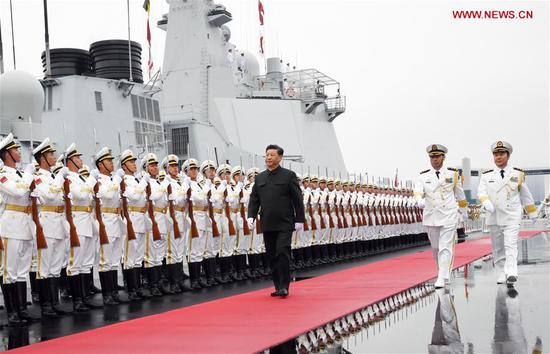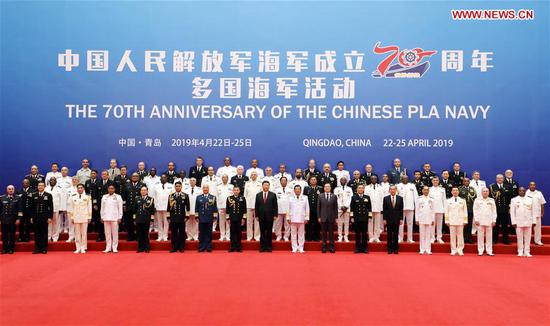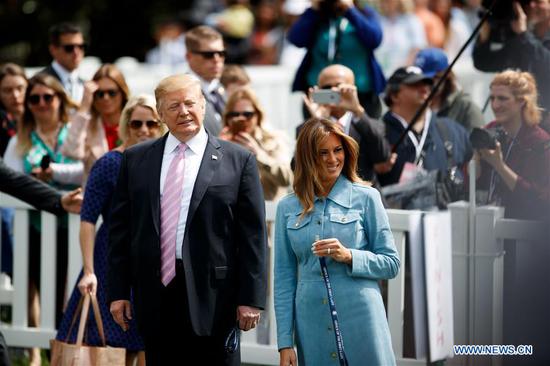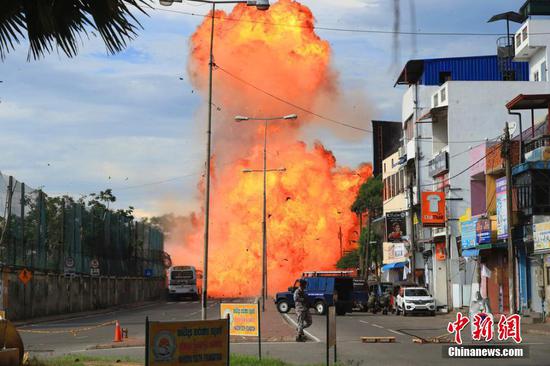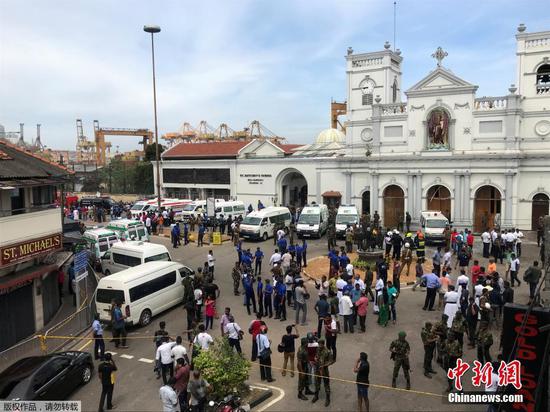Chance to grow
Despite the downbeat mood, there are some who believe the policy could force domestic Bitcoin miners to go global and upgrade their businesses accordingly. They also noted that the industry's ability to innovate quickly could help it overcome its short-term "difficult situation."
Cao Yin, chief strategy officer of Energy-Blockchain Labs Inc, told the Global Times on Monday that despite the fact that the NDRC draft would affect Chinese mining machine manufacturers' domestic business, it could also be a powerful push to "force" the country's industry players to move their business overseas and go global.
Zhao, the Bitcoin mine owner, also said that some industry insiders have already prepared to go to countries where electricity prices are cheaper, such as Russia and Northern European countries. But Zhao himself is still weighing the pros and cons. "Moving abroad will also incur higher operation costs, including traveling expenses, delivery costs, rental fees and maintenance costs. Is it a good choice? Who knows?"
Industry players have been actively upgrading and transforming to survive in the face of challenges.
In addition to producing mining machines, Canaan has been expanding its business and focusing on the research and development of artificial intelligence chips to be used in voice recognition, autonomous driving and gene detection, according to media reports.
Currently, China's Bitcoin mines and corresponding mining ability account for about 70 percent of the global total, industry insiders said. And the phase-out of Bitcoin mining in the domestic market will give a bigger share to foreign markets, Zhao added.
But that is not necessarily a bad thing, according to some industry insiders, who criticized China's mining industry as a waste of hardware and electricity. "It is not in fact a green industry and goes against China's sustainable development strategy of saving resources, preserving the environment and industrial upgrades," an industry insider, who spoke only on condition of anonymity, told the Global Times over the weekend.
Zhao added that the local governments in regions where hydropower resources are abundant have also not issued any policies to support or encourage virtual currency mining.
Every year, Bitcoin mining consumes about 42.15 to 54.11 terawatthours (TWh) of electricity, equivalent to the annual consumption of Uzbekistan, which ranked 51st in terms of global energy consumption, according to data provided by industry website digiconomist.net.
"Concentrating the computing capability into a virtual currency system also does not bring any benefit to China's social development," the unnamed source said.
Cao noted that as a disruptive and revolutionary technology, the Bitcoin industry is also developing at a faster-than-expected speed that might quickly overturn the current Bitcoin mining method.
"The current PoW (Proof-of-Work) consensus mechanism [of digging Bitcoin through mining activities] is gradually being replaced by the PoS (Proof-of-Stake) mechanism, which does not need to consume as much electricity and resources as the former method. Thus, the 'mining' method might also be eliminated as the industry develops in the future," said Cao.
Curbing speculation
The new policy is also in line with the Chinese government's crackdown on digital currency in order to fend off financial risks, analysts said.
Li Yi, a senior research fellow at the Internet Research Center affiliated with the Shanghai Academy of Social Sciences, said that the real intent behind the government's move is to fend off financial risks and speculation that might threaten the security and stability of the country's financial system.
"Bitcoin as a financial branch is hard to supervise for regulators. As its funding mainly comes from civil financing, it's possible that the public might be defrauded easily due to information asymmetry, similar to peer-to-peer (P2P) cases," Li told the Global Times on Monday.
As of February 17, Chinese police had opened investigations into more than 380 online P2P platforms suspected of illegally raising funds since June 2018, according to a report from the Xinhua News Agency.
Despite the continuous tightening of regulations in the sector after illegal behaviors were reported, Xinhua said that assets sealed, seized or frozen during the period were worth an astonishing 10 billion yuan ($1.48 billion).
Li cautioned that there might be some challenges in carrying out the NDRC policy at the local government level. "As these profitable companies could contribute a lot to local governments' revenue and also create jobs and boost the local economy, eliminating the industry could conflict with local interests," said Li.
An industry player surnamed Zhang, who has been engaged in Bitcoin mining activities for two years, told the Global Times on Monday that he does not worry as much as his peers, as he believes the local government will be "kind to him" due to its pursuit of GDP growth. Zhang refused to disclose the location of his business.
"Even if the policy finally gets approved, it does not mean a dead-end to the industry for sure, given China's strong manufacturing ability and leading place in the industry. As long as there is demand, we can find a way to survive," Zhang said, but admitted that the "golden era for mining - as well as the industry - might come to an end."












